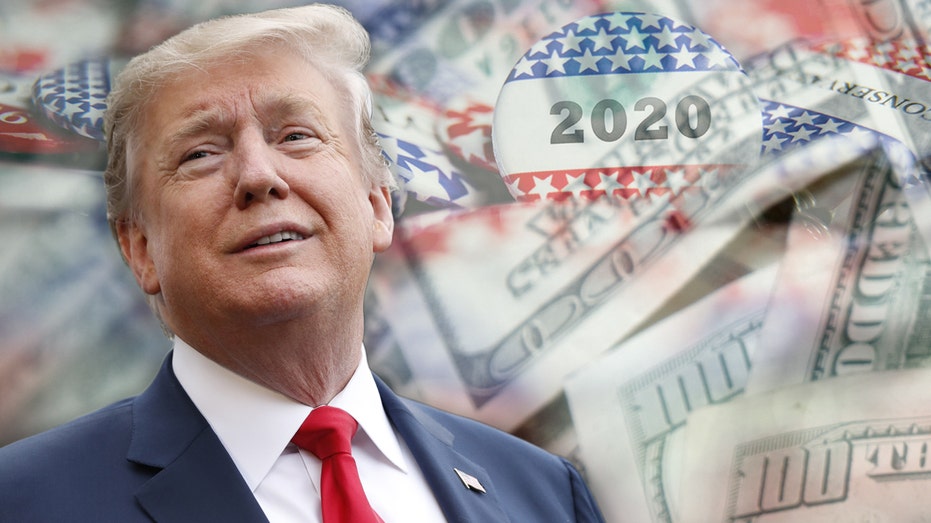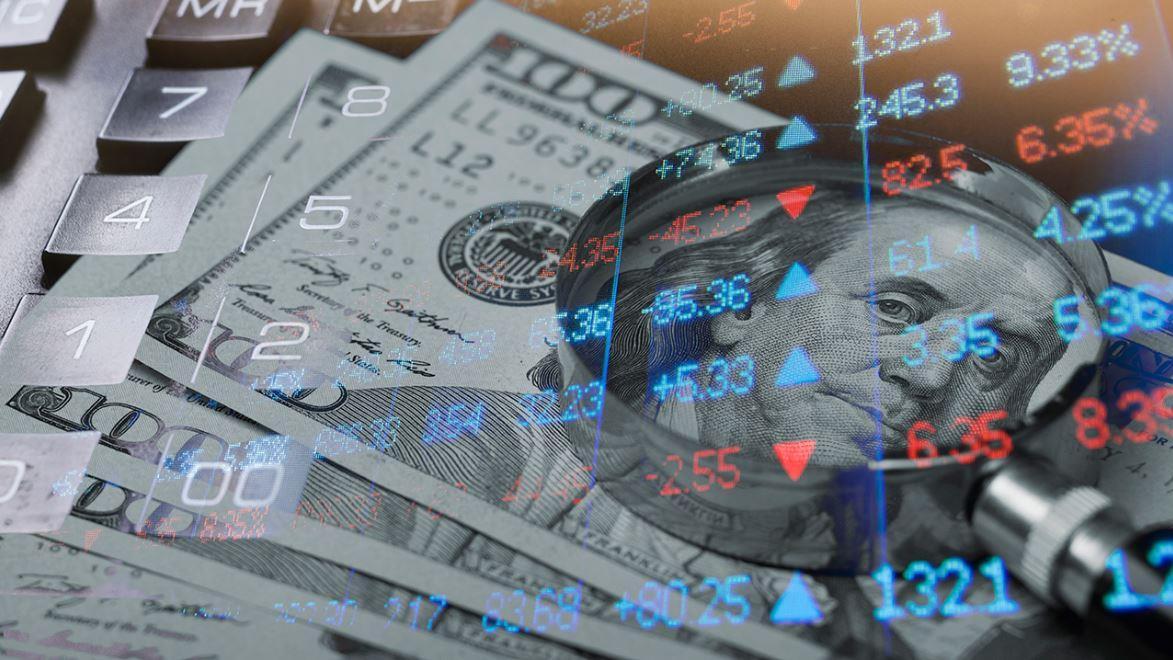Trump 2020 win could turbocharge US economy: Wall Street
The 2020 election is only 282 days away.
The U.S. economy is in the midst of the longest-running expansion in its history and would likely see further upside if President Trump secured a second term.
With a record 127 consecutive months of expansion and an unemployment rate at a 50-year low of 3.5 percent, the economy has been bolstered by Trump’s Tax Cuts and Jobs Act, which lowered the top corporate rate from 35 percent to 21 percent and reduced personal income taxes for many Americans.
Getting four more years of similar policies isn't a foregone conclusion, though, with the election only 282 days away and Trump undergoing an impeachment trial in the Senate and lagging likely Democratic rivals in national polls.
If the real estate mogul does win another four years, "we’d expect both fiscal and monetary policy to remain loose, amid a push to install a more dovish Fed chair in 2022,” wrote Michael Pearce, senior U.S. economist at Capital Economics.
CORONAVIRUS: HOW IT COULD HIT THE US ECONOMY
Pearce says that Republicans winning back control of the House, which Democrats captured in 2018, would “open the door to a second, more modest round of deficit-financed tax cuts.”
Larry Kudlow, director of the National Economic Council, told FOX Business’ Stuart Varney that the administration wants to aim at “even faster economic growth going out in the president’s second term” by making some tax cuts permanent and potentially adjusting the earned income tax credit for low to moderate earners.
On the monetary policy front, it’s no secret that Trump hasn’t always seen eye-to-eye with Jerome Powell, his handpicked Federal Reserve chairman, repeatedly saying the central banker was too fast in raising rates and too slow in cutting them.
“The Fed is signaling that interest rates will remain low for the foreseeable future, but in a second term, Trump would push for even looser monetary policy, by nominating more doves” to the central bank's monetary policy committee, Pearce wrote. “The Senate would remain a last line of defense against highly partisan nominees, but Congress would not deny Trump a credible dovish pick for Fed chair when Jerome Powell’s term is up in early 2022.”
While growth cooled to 2.1 percent in the third quarter from 3.1 percent in the first three months of the year, this month’s passage of two historic trade agreements that encompass more than $2 trillion worth of commerce is expected to provide a tailwind.
Together, the phase one trade deal with China and the Tax Cuts and Jobs Act are expected to add about 1.2 percentage points to gross domestic product growth when fully implemented. That could push the U.S. economy’s growth rate close to 3 percent, up from the Conference Board’s estimated 2.3 percent rate in 2019.

“I think we can get 3 percent,” Kudlow said. “I would love it if Boeing started producing and delivering airplanes.”
While Boeing is still delivering larger models, the planemaker froze production of its top-selling 737 Max aircraft after two deadly crashes killed 346 people. The Chicago-based company has said it hopes to restart its assembly line in the next few months, but a production stoppage for the entirety of the first quarter could shave up to 0.5 percentage points off economic growth, according to Pearce.
At the same time, Wall Street remains wary of a victory by two of Trump's Democratic challengers.
"If the likelihood of a Bernie [Sanders] or [Elizabeth] Warren candidacy increases meaningfully, I think the impact on the market definitely would be substantial,” Invesco former vice chair of investments Krishna Memani told FOX Business’ Dagan McDowell on “Mornings with Maria” on Monday.
Stocks In This Article:
Both Warren and Sanders have called for wealth taxes to fund social welfare programs such as free college tuition, and Warren has urged the breakup of large companies such as Amazon and Facebook.
A CNN poll conducted by SSRS and released on Jan. 22 showed Democratic frontrunners Joe Biden (53%-44%), Sanders (52%-45%), Warren (50%-45%), Pete Buttigieg (49% -45%) and Amy Klobuchar (48%-45%) all beating Trump in national polls.
The nationwide polls may not reflect the battleground states that were key to Trump’s 2016 victory in the electoral college, despite losing the popular vote.
CLICK HERE TO READ MORE ON FOX BUSINESS




















